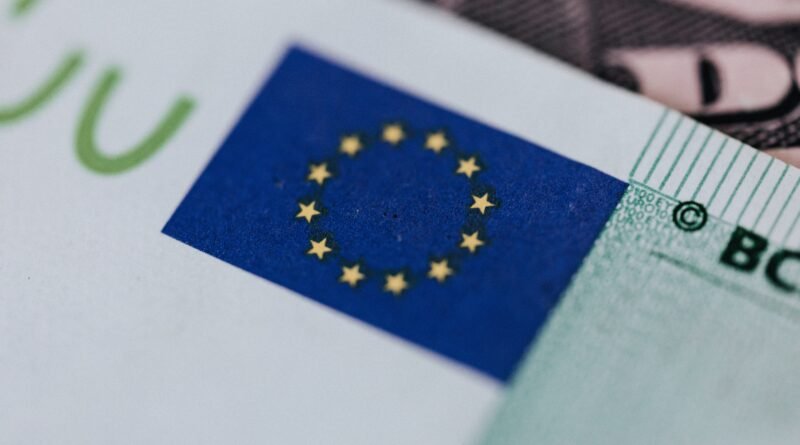European investments in advanced manufacturing
On 6th January, 2021 The Commission announced the first round of direct equity investment through the new European Innovation Council (EIC) Fund. 42 highly innovative start-ups and small and medium-sized businesses (SMEs) will together receive equity financing of around €178 million. Financing should help to develop and scale up breakthrough innovations in health, circular economy, advanced manufacturing and other areas.
Investments blended with grants
Mariya Gabriel, Commissioner for Innovation, Research, Culture, Education and Youth said: “Europe has many innovative, talented start-ups, but too often these companies remain small or relocate elsewhere. This new form of financing – combining grants and equity – is unique to the European Innovation Council. It will bridge the funding gap for highly innovative companies, unlock additional private investments and enable them scale up in Europe.”
The equity investments, ranging from €500.000 to €15 million per beneficiary, complement the grant financing. Grants have already been provided through the EIC Accelerator Pilot to enable companies to scale up faster. This is the first time the Commission has made direct equity or quasi-equity investments, namely equity investment blended with a grant, in start-up companies, with ownership stakes expected to range from 10% to 25%.
Start-up for affordable Internet of Things
Under the EIC Accelerator a total of 293 companies have already been selected for funding worth over €563 million in grants since December 2019. Among those, 159 companies have been selected to additionally receive the new equity investments from the EIC Fund. The 42 companies announced today are the first of this group to successfully pass the evaluation and due diligence process. The other 117 companies are in the pipeline to receive investments pending the outcome of the relevant process.
The investment agreements with the other target companies are now being finalised, and will be announced shortly. Examples of this first round of investments include Hiber from The Netherlands. This is an international satellite and communication company that provides global and affordable Internet of Things connectivity. Another first investment was made to XSUN. French solar aircraft company designs energy-independent drones to be fully autonomous so they can operate without any human intervention.
These first investments are preceded by a thorough evaluation by external experts. A due diligence process is overseen by the external practitioners and investors on the EIC Fund Investment Committee. A final decision is made by the EIC Fund Board of Directors.
Background
Established in June 2020, the European Innovation Council (EIC) Fund is a breakthrough initiative of the Commission. It makes direct equity and quasi-equity investments (between €500.000 and €15 million) in the capital of start-ups and SMEs. It is first of its kind in terms of EU intervention in direct equity-type investments. In its current stage, it makes such investments, in combination with grants, as part of blended finance under the EIC Accelerator Pilot. The allocated maximum funding (grants and equity) can reach €17.5 million.
The EIC Fund aims to fill a critical financing gap faced by innovative companies. They face the gap when bring their technologies from high technology readiness levels to the commercialization stage. The Fund will help to fill this financing gap at the start-up stage. In this stage the EU venture capital market still underperforms compared to the global venture capital market. Its main purpose is not to maximise the return on the investments, but to have a high impact. The impact is going to be made by accompanying companies with breakthrough and disruptive technologies in their growth as patient capital investor.
The Fund aims to support equality and gender balance, and to highly contribute to sustainability with a particular focus on health, resilience and the green and digital transitions. Its role has become even more important today, as the coronavirus crisis had a very strong impact on many SMEs in the EU, including many innovative startups.




